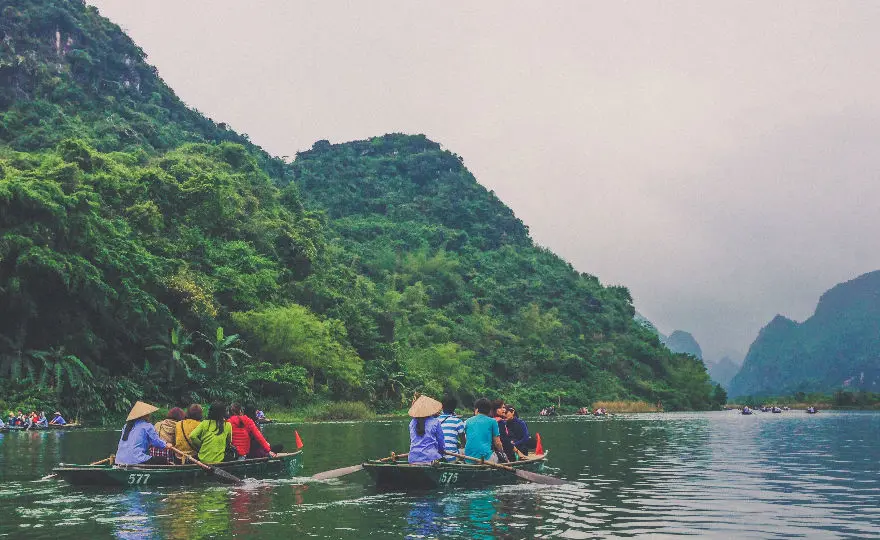ClientEarth Communications
19th December 2019


Across the Mekong region, legal and policy reforms on community forestry are underway.
This is good news. These reforms provide a unique opportunity to strengthen the rights of communities to manage their forests sustainably while benefiting from their resources. But a couple of questions remain:
To answer these questions, ClientEarth and RECOFTC, an NGO which works to empower local women and men in sustainable forest management, organised a meeting between government representatives from the Mekong region (Cambodia, Laos, Myanmar, Thailand and Vietnam). We were supported in this by the ASEAN Working Group on Social Forestry (AWG-SF).
The countries shared experiences and discussed how to strengthen their laws, policies and institutions to enable community forestry, while learning from other countries such as Indonesia, which has been implementing laws on community forestry for 20 years.
I shared lessons from forest sector legal reform processes in West and Central Africa, where ClientEarth supports civil society and governments.
These included the importance of early and appropriate planning, of setting clear objectives for the reform as well as conducting an analysis of the current laws, and of conducting a multi-stakeholder reform process where local communities and indigenous people are able to participate.
Participants shared their experiences of working on community forest laws and policies in an interactive way. For example, using a tool representing the cycle of law-making, each country identified at which step of the legal reform process it currently stands, from early planning to full implementation and assessment of the laws.
During the event, participants also used a framework developed by ClientEarth to assess laws on community forestry and identify the main priorities for their countries.
Myanmar recognised the need to reinforce land and forest tenure, as well as access to markets for communities.
Thailand and Vietnam focused on the process of allocating community forests and rules around the management of community forestry.
In Cambodia, land and forest tenure, governance and enforcement were the main priorities.
Laos mentioned the need to focus on conflict resolution and village internal governance.
The current legal reforms together with the development of forest governance processes in the region, such as Voluntary Partnership Agreements under the FLEGT (Forest Law Enforcement, Governance and Trade) initiative, have opened up space to improve laws on community forestry and represent a unique opportunity for them to achieve their ambitious targets on the increase of community forest areas.
In collaboration with RECOFTC and other partners, we will continue to support governments in the region in strengthening their laws and implementation. The reflections carried out at the regional as well as national levels during the workshop provide a useful starting point to pave the way.